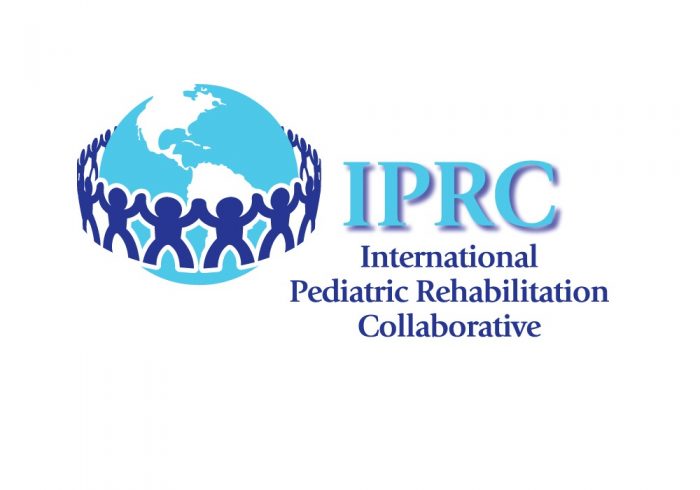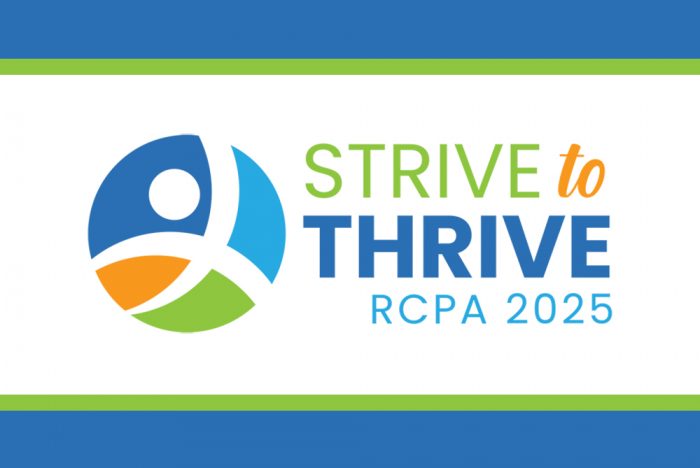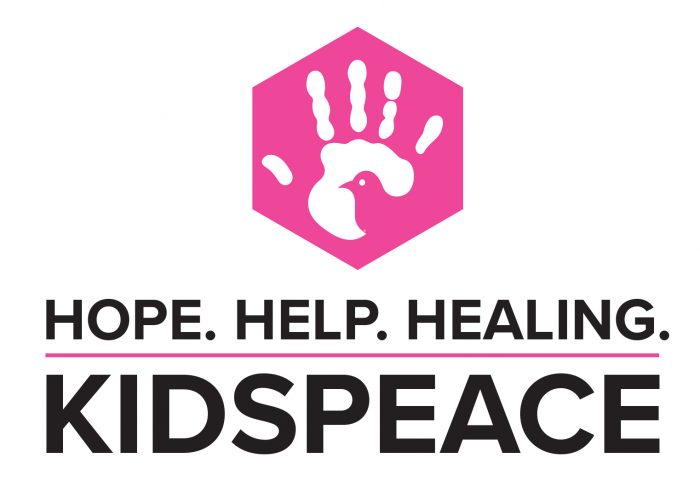Greenspace x RCPA Webinar for RCPA Members: Unlock Better Outcomes with Measurement-Based Care
2026 IPRC Webinar Schedule Now Available
Mark your calendars and plan to join us for IPRC’s exciting 2026 educational webinar series. Complimentary registration for all IPRC webinars is a benefit of your RCPA/IPRC Membership.
Tuesday, January 6, 1:00 pm – 2:00 pm EST
Understanding CARF’s New Standards for Disorders of Consciousness
Thursday, February 5, 1:00 pm – 2:00 pm EST
Practical Treatment Options for Neuro-Opthalmic Impairments and Disorders
Tuesday, March 17, 12:00 pm – 1:00 pm EST
Overview of Sexuality & Disability in Pediatrics (Part I)
Tuesday, March 24, 12:00 pm – 1:00 pm EST
A Discipline-Specific Approach to Sexuality & Disability in Pediatrics (Part II)
Monday, April 20, 11:00 am – 12:00 pm EDT
Family Centered Care: One Organization’s Revolutionary Approach to Include Families in all Aspects of Care
Thursday, May 14, 12:00 pm – 1:00 pm EDT
Palliative Care Through the Rehab Continuum: Caring for Children with Complex Needs
Monday, June 1, 1:00 pm – 2:00 pm EDT
A Multi-Disciplinary Approach to Continence Management and Self-Cathing
Wednesday, July 15, 2:00 pm – 3:00 pm EDT
Treatment of Brachial Plexus Injury
Thursday, September 3, 2:00 pm – 3:00 pm EDT
Crossing the Bridge from Clinician to Clinical Leader: How to Develop and Promote Leadership Skills in Clinical Staff
Friday, October 23, 11:00 am – 12:00 pm EDT
The Role of the Pediatric Rehab Professional in Promoting Healthy Weight Management
Monday, November 16, 12:00 pm – 1:00 pm EST
A Deeper Dive into Disorders of Consciousness – Practical Assessment and Treatment Strategies for Pediatric Patients
Tuesday, December 1, 12:30 pm – 1:30 pm EST
Animal-Assisted Therapy Across the Rehab Continuum
Do you have a great topic or know a fantastic presenter? We’d love to hear about it. Please reach out to Cindi Hobbes, IPRC Director.
DHS Shares Invitation to Apply for the Capacity Building Institute, Year 9
Treating Non-Accidental Trauma in Pediatric Rehabilitation — IPRC Webinar on October 15
Wednesday, October 15, 2025
11:00 am – 12:00 pm EDT; 10:00 am – 11:00 am CDT;
9:00 am – 10:00 am MDT; 8:00 am – 9:00 am PDT
Register Here
Presenter Bios:
Kara Monnin, PhD
Kara Monnin is a Clinical Assistant Professor of Pediatrics at Nationwide Children’s Hospital (NCH) and Ohio State University’s School of Medicine in Columbus, OH. She provides clinical services across multiple inpatient units, including Complex Healthcare, Inpatient Physical Medicine and Rehabilitation, and acute care services (PICU, Trauma/Surgery/Neurosurgery). Dr. Monnin also serves as a member of the Advanced Illness Management/Palliative Care team at NCH and specializes in traumatic brain injury, rehabilitation populations, and children and adolescents with complex medical needs.
Kelsey Klaus, MSW, LISW-S
Kelsey is a clinical lead in the Clinical Medical Social Work Department at Nationwide Children’s Hospital in Columbus, Ohio. Kelsey’s area of focus is in the Developmental Behavioral Pediatrics Clinic, where she works with children and families to mitigate barriers to optimal developmental outcomes. Kelsey is passionate about treatment planning from a person-first perspective, assisting families in sharing respectful engagement, inclusive treatment discussions, and autonomy on their treatment journey. Kelsey is a longtime resident of Columbus, Ohio, where she resides with her husband and four-year-old son.
Objectives: Following this course, the learner will:
- Define Non-Accidental Trauma and Self-Inflicted Intentional Injury;
- Discuss current statistics, precipitating factors, and resulting trauma for those in the wake;
- Implement strategies to respond to NAT and self-inflicted intentional injury with a trauma-informed approach; and
- Evaluate the ways in which healthcare systems can reduce re-traumatization.
Audience: This webinar is intended for all interested members of the rehabilitation team.
Level: Intermediate
Certificate of Attendance: Certificates of attendance are available for all attendees. No CEs are provided for this course.
Complimentary webinars are a benefit of membership in IPRC/RCPA. Registration fee for non-members is $179. Not a member yet? Consider joining today.
Attendees may wish to review Preventing Secondary Trauma & Practical Self Care prior to this session.
Reminder for 2025/26 Pennsylvania State Budget Impasse Survey Due Sept. 15
REMINDER — PLEASE DISREGARD IF YOU HAVE ALREADY COMPLETED THIS SURVEY
Pennsylvania’s General Assembly has not yet passed the budget for FY 2025/26, and we are already two months into this fiscal cycle. This delay is creating another crisis while communities grapple with the longer-term implications of the recently passed HR 1 Tax Reconciliation Bill at the federal level. We want to hear from you via this 2025 Budget Impasse Survey so that we can raise a collective nonprofit clamor about the impact this delay has on real people in every neighborhood and community in the Commonwealth.
We know — our organizations are over-surveyed during times of urgency!
So, to eliminate duplicative work, various associations and networks, including RCPA, have come together to collect data regarding both the current and projected impact on both for-profit and nonprofit financials, staffing, and ultimately those served. We will share information with everyone involved so that the survey results can be analyzed and disseminated to the media and legislative contacts most efficiently. Below are the organizations that are coming together to collect this data in order to show you the importance of this information.

For more details about the length of the survey and those best suited to complete it, please see this PDF version so you can prepare. The initial survey deadline is 11:59 pm on Monday, September 15, 2025. For questions about the survey, please email Anne Gingerich, Executive Director, PANO.
RCPA Thanks Our Sponsors and Exhibitors for Their Support of Strive to Thrive!
Child Welfare Case Management System Pause Announced
The following is a message from the Office of Children, Youth and Families (OCYF):
Effective immediately, due to a federal funding pause, OCYF has been directed to halt work with Accenture, the System Integrator for the Child Welfare Case Management (CWCM) system. This pause is due to concern raised by our federal partners at the Administration for Children and Families (ACF) that must be resolved prior to our resuming work. The Department of Human Services/OCYF remains fully committed to developing a single case management solution to be used by both the state and all counties, rather than continuing to fund both the statewide Child Welfare Information Solution (CWIS) and the individual county systems.
As you know, Pennsylvania does not have a unified statewide case management system. Instead, we maintain a statewide repository that houses all reports of suspected child abuse (CPS), General Protective Services (GPS) reports, and the outcomes of those reports. Day-to-day case management and service information, however, resides within the counties’ own systems. Currently, five different county case management systems are in use across Pennsylvania’s 67 counties.
Developing and implementing a CWCM system remains a top priority, as it will enhance data quality and accountability, improve efficiency, and support better outcomes.
The CWCM Steering Committee — which includes OCYF and county representatives — has been reviewing the multi-phase implementation plan to ensure a responsible rollout. There is consensus on the first two phases: (1) Adoption and Foster Care Analysis and Reporting System (AFCARS) compliance and (2) replacing CWIS. Next week’s Steering Committee meeting will still be held to gather participating county partner feedback. We believe strong partnership between county children and youth agencies and the state is essential to achieving our shared vision for CWCM.
To reiterate, this is a pause. We are committed to developing a path forward that will ultimately eliminate the need for counties to maintain and fund individual case management systems — freeing up resources for other critical needs. The current federated model is not sustainable given the costs and the time and effort required to update legacy systems.
This is all the information we can share at this time. We recognize counties may have additional questions about what this means, and we will continue to communicate more information about the next steps as it becomes available.
Please contact Emma Sharp with any questions.


















